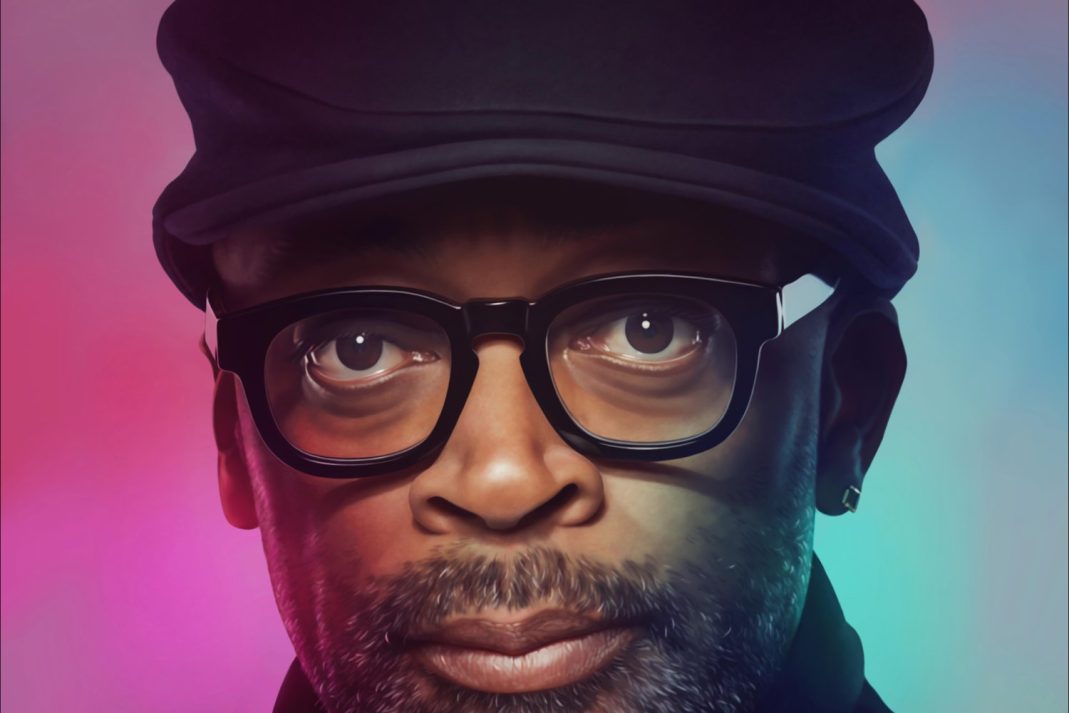It is easy to forget, in the cinematic landscape of 2025, the sheer cultural electricity of 2018’s Black Panther. It was a phenomenon, a film that broke records and cultural barriers simultaneously. A year later, another powerful moment occurred when Spike Lee, after decades of shaping American cinema, leaped into the arms of Samuel L. Jackson, finally holding a long overdue competitive Oscar for BlacKkKlansman. These two events felt like the dawn of a new era, one where Black excellence was centered in both blockbuster entertainment and auteur-driven filmmaking.
Meet Meryll Rogge, Marni’s New Creative Head
Five years later, however, the cinematic world has shifted. The promise of the post Endgame Marvel Cinematic Universe has given way to a palpable sense of “superhero fatigue.” While the box office numbers can still be huge, the cultural conversation is now dominated by a feeling of sameness, of a formula that has begun to yield diminishing returns. Films come and go, but few leave a lasting impression. This malaise has exposed a fundamental weakness in the blockbuster machine: a lack of authentic, singular voices. It brings that old question back into a new, more urgent focus: what could a superhero film be if it had the raw, unfiltered authenticity of a Spike Lee joint?
Black Panther was a phenomenal achievement, and its nuanced portrayal of heroes and villains was a welcome break from Marvel’s often simplistic storytelling. But for all its strengths, it still operated within the safe confines of the Marvel house style. The dialogue, while functional, lacked the specific, lived-in texture that defines the work of a master filmmaker like Lee. Think of Radio Raheem in Do the Right Thing demanding extra “moozarella on that mofucker,” or Sal’s explosive, gut-wrenching monologue about building his pizzeria with his “bare fucking hands.” This is not about foul language or overt political messaging. It is about ethos. It is about dialogue and action that spring from a place of undeniable, often uncomfortable, truth. It’s a quality that nearly every character in the modern MCU is lacking. They have powers, but they often lack a soul.
The Last Son of Krypton, The First Hope for DC: A Definitive Review of James Gunn’s ‘Superman’.
In the years since 2020, other studios have seemingly gotten the memo that a strong directorial vision is the best antidote to genre fatigue. Matt Reeves’ The Batman succeeded by being a grim, street-level detective story, while James Gunn’s new Superman is being praised for its focus on character-driven, emotional stakes over pure spectacle. These films feel like they were made by a person, not a committee. They prove that audiences are hungry for superhero stories that have a distinct point of view, that are willing to be something other than just another interchangeable installment in a sprawling franchise.
This is why the case for a director like Spike Lee is more potent now than ever before. His entire career has been dedicated to exploring the very themes that lie at the heart of the best comic book narratives: identity, power, community, and the struggle against systemic injustice. Imagine a Spike Lee-helmed Luke Cage film, not just as a strong man, but as a complex symbol of power and responsibility in Harlem. Imagine his take on the X-Men, a story that is, at its core, a powerful allegory for the civil rights movement. Lee doesn’t just make movies; he orchestrates cinematic events that are stylish, confrontational, scored to perfection, and forever embedded in the cultural conversation. He would force the genre to grow up.
The original argument was that a director like Lee could help Marvel finally land the top prize at the Oscars. But in 2025, the stakes are much higher. Genre films like Parasite and Everything Everywhere All at Once have already shattered that particular glass ceiling. The new challenge is not about winning awards; it is about survival and relevance. For the superhero genre to endure, it must evolve beyond its successful but limiting formula. It needs to take real risks by entrusting its iconic characters to true visionaries. It needs to create films that feel less like products and more like art. We are long past ready for a hero who knows how to ask for extra mozzarella on their slice.









